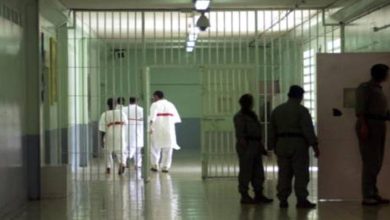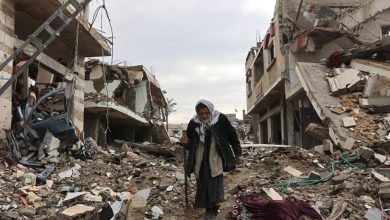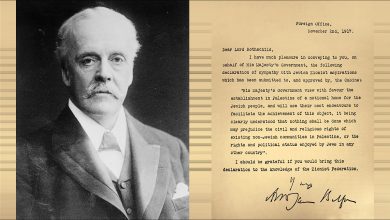Unveiling the Geopolitical Chessboard: Mohammed bin Zayed’s Role in North Africa’s Destabilization
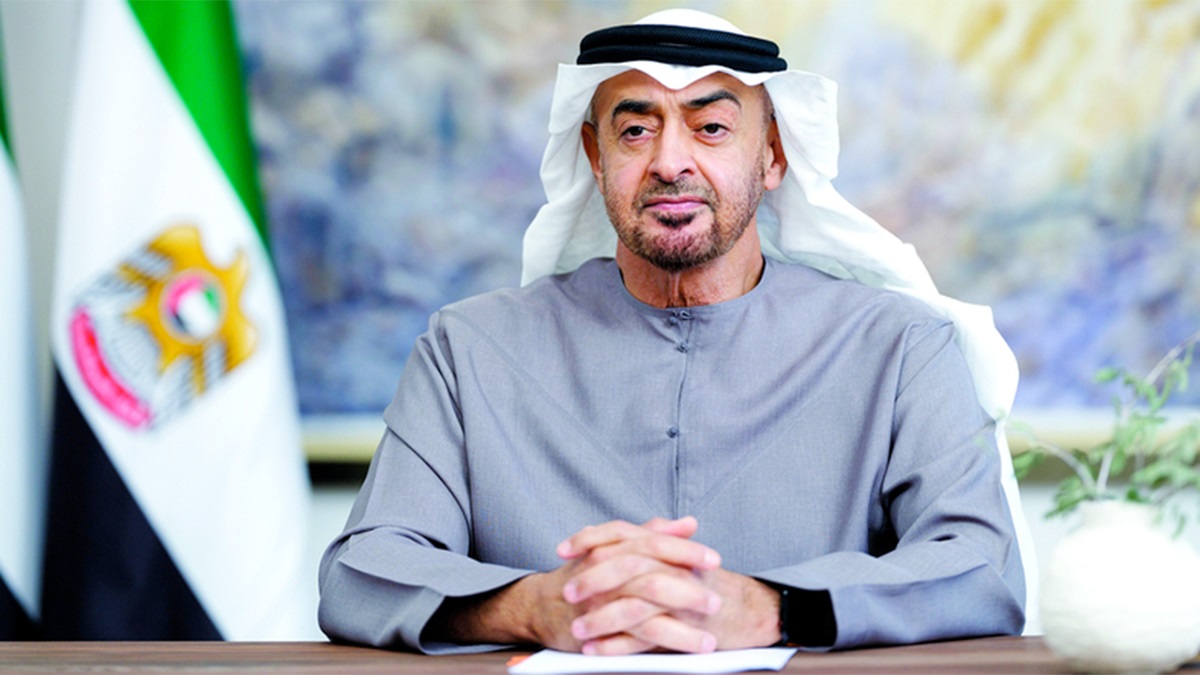
Watan-The Arab Zionist devil, Mohammed bin Zayed, managed to dismantle the Arab Mashreq by leading counter-revolutions and supporting military coups in Egypt, the largest Arab country. Then, he engaged in a war against Yemen, aiming to control the ports of the country, including Socotra Island, which helped Israel find a foothold in the Red Sea.
But the devil had an important role assigned to him, which is dismantling the countries of North Africa and the Greater Arab Maghreb.
Bin Zayed, the façade of Mossad, began supporting the Libyan coup leader Khalifa Haftar, and succeeded in tearing Libya apart in a civil war that killed tens of thousands of Libyans.
Sudan was not spared from a fierce war, through bin Zayed’s support for the Rapid Support Forces, which committed atrocities including killings, rapes, and a war of starvation.
Meanwhile, the UAE was strengthening its relationship with Morocco, which openly shifted its relationship with Israel, becoming a strong ally of the UAE, and the two countries signed agreements worth over $40 billion.
Where does Algeria stand in all of this?
Throughout history, the Republics of Mali and Niger remained allies and friends of Algeria. The latter remained an important regional power capable of resolving conflicts and ensuring peace.
However, Mali suddenly turned against its ally Algeria after receiving financial and military support from the UAE, which was exerting its influence through its alliance with Russian Wagner Group forces, and Mali revoked the 2015 agreement, signaling to Algeria that its role had ended forever. Now, it is with Russia, the UAE, and Morocco.
After the French were expelled from North African countries, another alliance emerged, a Russian-Emirati-Zionist alliance in Niger, Mali, Chad, and Burkina Faso.
This was a major blow to Algeria, as it could lead, for example, to the establishment of a UAE military base on the borders of Algeria and Mali. Looking at the map, Algeria found itself under a Zionist-Emirati siege extending from Tunisia, Libya, Mali, Mauritania, Morocco, and possibly soon Niger, which has a military base.
This military base is about 300 kilometers away from Algeria, and it could be easily used to launch drones targeting vital sites in Algeria.
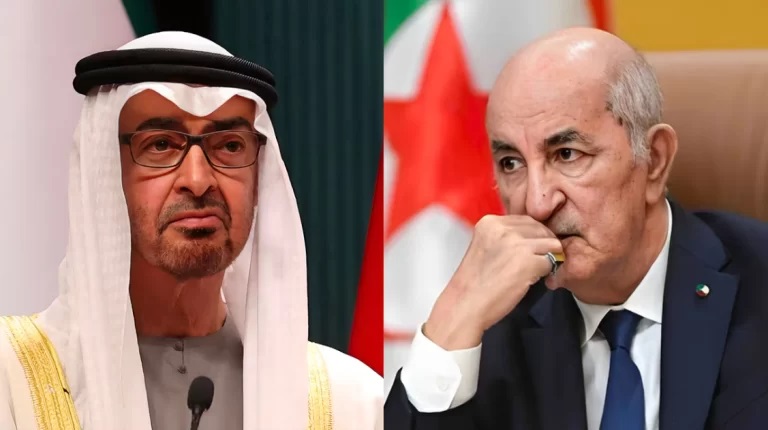
Regarding Tunisia, Algeria took a tough stance against its president Kais Saied and gave him two options: “We are either with Mohammed bin Zayed or against you.” It is said that Kais Saied fully understood the message.
So, Algeria lost Mali and may also lose Niger, and it is facing open threats from behind its borders with Mali from the military forces that it once supported.
On the other hand, tensions escalated between Algeria and Morocco, where the latter received Zionist and Emirati support, posing a real threat to Algeria after the UAE found a wide gap in disputes, helping it expand into North Africa.
This may explain the statements of the leader of the Algerian Workers’ Party, Louisa Hanoune, in which she attacked the UAE and called on her country to freeze its relations with the UAE.
This also explains the statements of the Algerian president, who hinted two days ago at the role of the UAE in targeting his country.
However, these statements and hints are of no value to the UAE, as it has past experiences in global schemes to control African gold and precious metals in countries like Mauritania, and it also has several military bases.
For unknown reasons, Algeria did not escalate its confrontation with the UAE to the extent of the threat it poses. Perhaps the only action taken by the Algerian authorities was to seize a tobacco network owned by the UAE through corrupt deals during the rule of the late Bouteflika.
It is worth mentioning that the UAE has major interests in Algeria, as it currently oversees the port of Algiers and the port of Jijel, and owns lands and companies that continue to operate without any escalatory measures from the Algerian authorities, which so far suffice with soft statements against an enemy lurking.
This is unlike Sudan, for example, which decided to sever its relations with the UAE, while the UAE embassy and its ports and interests remain espionage centers inside Algeria.
And the conversation continues.



